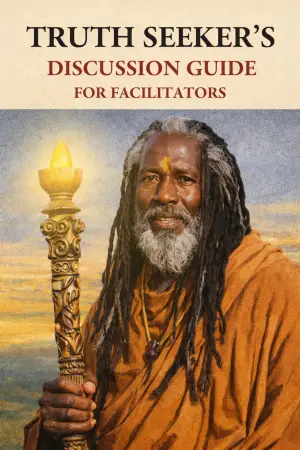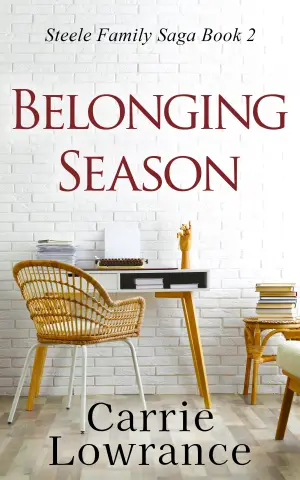As a passionate reader who often seeks out books that inspire personal growth and self-reflection, I was immediately drawn to “Discover Wholeness: Heal Your Inner Child and Unlock True Happiness.” The premise of connecting with and healing your inner child resonated deeply with me, as I’ve often found myself pondering the significance of past experiences in shaping my current emotional landscape.
The book presents a clear, understandable approach to mental well-being. The author’s writing style is fresh and inviting, making complex concepts about inner-child work and emotional healing accessible to a wider audience. I particularly enjoyed how the author blends psychological insights with practical exercises. This combination truly helps in uncovering hidden emotions and begins the process of breaking free from past grievances—something that both I and many online reviewers found valuable.
One standout feature is how the book emphasizes cultivating self-love and forgiveness, which are foundational steps toward emotional freedom. The exercises encourage readers to engage in meaningful dialogues with their inner child, helping to foster genuine relationships with oneself and others, as mentioned in the description.
Throughout the book, it became evident that the author is deeply committed to guiding readers toward reclaiming their joy and playfulness, much like we experienced in childhood. This resonates particularly in a world where adult responsibilities often overshadow the importance of play. Reflecting back on my own experiences, I realized that many harmful narratives I clung to could be transformed through a positive mindset and uplifting stories.
However, when exploring other readers’ perspectives, I noted a couple of drawbacks. Some found the subject matter a bit overwhelming, particularly if they weren’t used to delving into their emotions deeply. For instance, one reviewer noted that while they appreciated the ease of understanding the concept of the inner child, they had to grapple with feelings they hadn’t entirely processed before. This makes sense, as engaging with one’s inner self can sometimes be challenging.
Additionally, although the author aims to simplify the concepts presented, some readers felt that a few sections were oversimplified, lacking depth in certain psychological theories. However, I personally believe this still serves the book’s purpose: making the material digestible for those who may be new to self-help literature.
Ultimately, “Discover Wholeness” perfectly matches its description of guiding readers toward emotional freedom and self-love. The tools provided for breaking free from negative patterns were as practical as they promised, and the engaging tone of the book makes it easy to follow along on this personal journey.
If you’ve ever felt stuck in repetitive negative patterns or found yourself weighed down by emotional pain from the past, I would wholeheartedly recommend this book to you. It serves as a gentle yet empowering compass in the vast landscape of healing. It’s ideal not only for those seeking guidance on their journey toward self-understanding but also as a thoughtful gift for those you care about.
In conclusion, “Discover Wholeness” has been a transformative read that provided me with the insights I needed to unlock a happier, more fulfilled version of myself. If you’re ready to embark on a journey of healing and self-discovery, I encourage you to take the plunge—this book is worth your time!
Discover the transformative journey of healing and self-love with “Healing Your Inner Child.” >>








